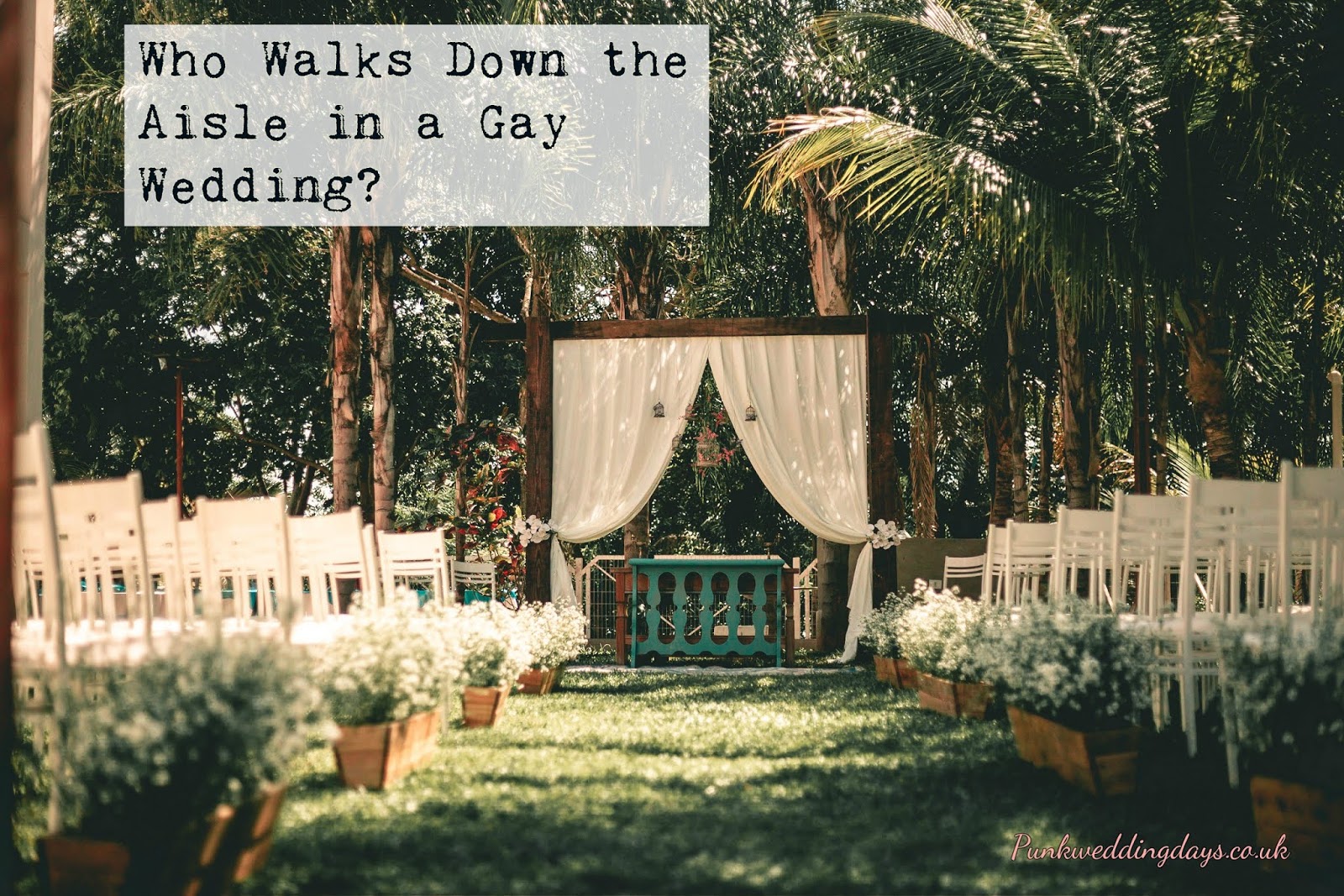Is It Possible To Marry My Partner By Dissolving Our Civil Partnership?
It’s unclear whether a civil
partnership can be dissolved on the grounds of wanting to be married. It’s unlikely. Ordinarily, there are valid reasons as to why a relationship is no longer viable: abuse, unfaithfulness
or desertion for example.
It suggests that a couple might need
to lie about why they’re separating; this is far from ideal for both the couple
and the court. It isn’t the only option however. From late 2014, couples will
be able to convert their existing partnerships to marriage; it’s just a matter
of waiting.
However, what if you don’t want to wait? How
exactly do you dissolve a civil partnership if you want to get married?
·
Firstly, you have to have been in a partnership for at least one year.
·
You’ll need to give a good reason as to why you’re dissolving your
partnership.
·
And then you’ll need to fill in a dissolution petition and include the
certificate you signed at your ceremony.
·
Have children? Then you’ll need to declare this on a separate form.
·
You will need to pay a fee & send all this off to a local court.
You’ll need all this to apply for a conditional order.
- The conditional order will confirm the reasons behind the separation and that both parties agree to the dissolution. This order will then proceed to a final order if it is accepted by the court.
- You then await the final order. Here, the court will check that all the details are correct and that sensible provisions are in place for any children.
- Once the final order has been issued then your civil partnership has been dissolved. You are legally separated and free to marry.
- Providing that the split is amicable (and it should be if you're intending to marry) then there is no need to involve solicitors.
This is a simplified breakdown of what will happen. In reality you’re
likely to experience some back-and-forth play between yourself and the court.
It’s nothing tremendously difficult, but it’s important to remember that this
is essentially the disbanding of a legal contract.
The entire process can take around six months to complete. Therefore, if
you haven’t already made arrangements to dissolve your partnership then it’s
probably prudent to wait. It does seem unfair to make civil partners wait to
convert to marriage, but it is a simpler and less expensive option. Perhaps
with the extra time, you could plan an accompanying ceremony and celebrate with
friends and family. The Government is adamant that conversions will be
available by the end of 2014 and in all honesty, what’s a few extra months?
Your best resource for information regarding dissolving a partnership is
www.gov.uk. There you can read the finer points and download the documents to get
your dissolution started.
Follow this link if you're unsure whether or not to convert your civil partnership to marriage.
If you need any inspiration for a wedding venue or service or if you’d like to advertise with us then visit:
Follow this link if you're unsure whether or not to convert your civil partnership to marriage.
If you need any inspiration for a wedding venue or service or if you’d like to advertise with us then visit:








